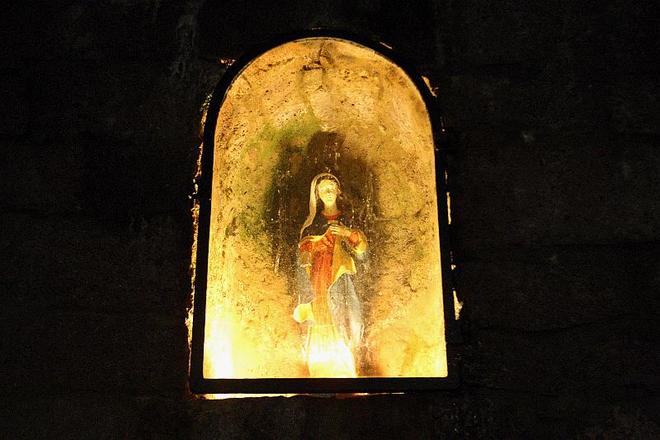A REBELLION of dissatisfied miners broke out in Banská Štiavnica in February 1852 after the miners’ bosses decided to pay salaries only once a month instead of fortnightly. The miners wanted to be paid fortnightly because that coincided with regular markets where prices were cheaper.
It seems that the bosses received an “expensiveness bonus” on their salaries to counterbalance the higher monthly prices but the miners were not treated as well. The rebellion was so serious that military intervention was ordered, leading to the imprisonment of about 30 miners. Finally, the miners won an exemption from paying taxes to resolve the community crisis.
Franz Joseph I, who had been named emperor of the Austro-Hungarian Kingdom at age 18 in 1848, visited Banská Štiavnica during a July 1852 trip through Greater Hungary and Transylvania. Local craftsmen, burghers, miners, mining officials, academics and students were expected to welcome the royal visitor in ceremonial uniforms. For example, the town council officials had to wear black tailcoats, black pantaloons, German black hats, white vests, ties and gloves.
Franz Joseph visited the Vindšachta and Delix shafts and observed work in these parts of the mine. Back on the surface, he observed the preparation of mining ropes and safety fuses and visited the chemical laboratory and the library of the Mining Academy, with its collection of minerals and books.
At the end of his visit, Franz Joseph pardoned the 30 miners who had remained imprisoned since the February rebellion.



 A mine shaft saint in Banská Štiavnica. (source: Sme, Ján Krošlák)
A mine shaft saint in Banská Štiavnica. (source: Sme, Ján Krošlák)